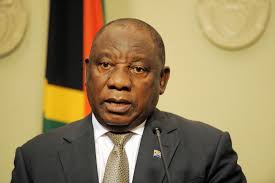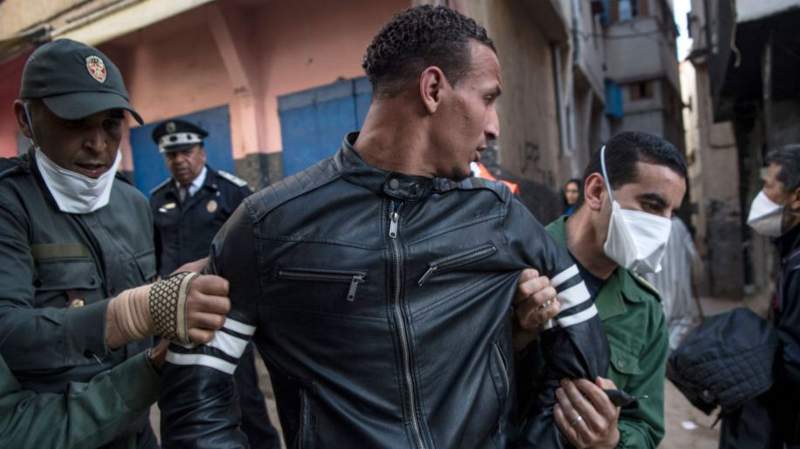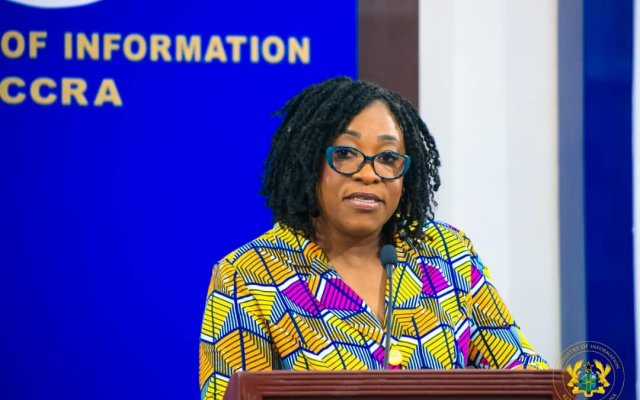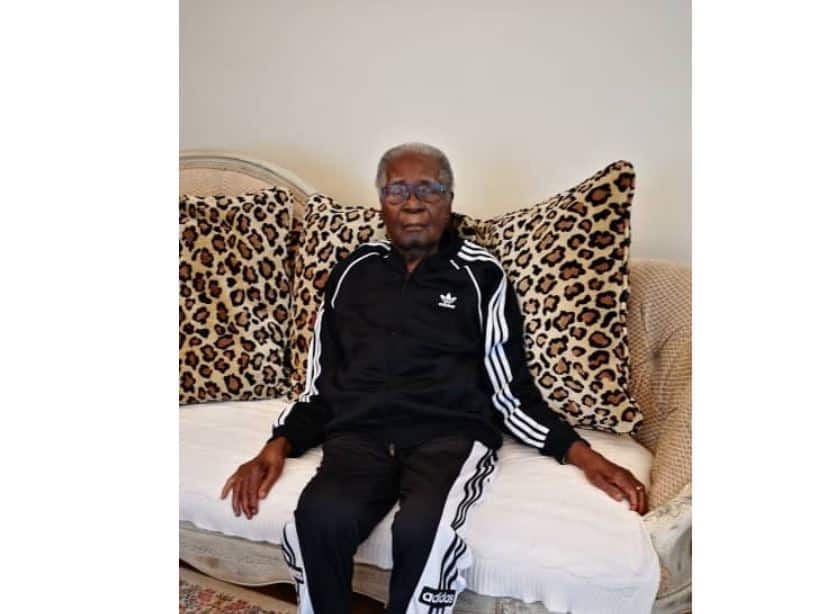EuropeNews Africa
Russia’s Relations with Africa Limited to Agreements and Joint Declaration

Russian Foreign Minister Sergey Lavrov has indicated that a comprehensive declaration would be signed at the two-day African leaders’ summit at Expoforum, July 27 -28, in St. Petersburg. More than half of the 55 African leaders have confirmed their participation, as always to listen to speeches full of anti-Western rhetorics, Soviet-era debts write-offs, new additional bilateral agreements and finally pose for memorable group photographs.
Final preparations are underway for the second Russia-Africa summit. More than half of the participating countries will be represented at the highest level. A major declaration is being prepared on plans for cooperation between Russia and African nations for the next several years, according to the summarized report of Lavrov’s interview by TASS News Agency on June 30.
The first symbolic first summit at the Black Sea city of Sochi, indeed, fêted heads of state from 43 African countries and only showcased Moscow’s great power ambitions. At the tail-end of it, both Russia and Africa adopted a joint declaration, a comprehensive document that outlines the key objectives and necessary tasks to raise assertively the entire relations to a new qualitative level.
* Official documents show there has been a great interest in the further development of relations between Africa and Russia.
* Priority areas of economic cooperation in which concrete results could be achieved in the coming years were outlined.
* 92 agreements, contracts and memoranda of understanding were signed at the Russia-Africa Summit and Economic Forum. The contracts worth a total of $12.5 billion, already four years, were still undelivered.
According to official documents, there has been a great interest in the further development of relations, and in deepening and intensifying Russian-African cooperation. Priority areas of economic cooperation in which concrete results could be achieved in the coming years were outlined.
Professors Irina O. Abramova and Leonid L. Fituni, both from the Institute for African Studies under the Russian Academy of Sciences, in a report last year reminded the authorities, who are squeezed between illusions and realities, about their policy ambitions in Africa. And that high-ranking Russian officials need to change the approach towards Africa.
The fact that African countries consider Russia as a reliable economic partner and it is necessary to interact with African public and private businesses on a mutually beneficial basis. In this regard, Russian initiatives should be supported by real steps and not be limited to verbal declarations about the “return of Russia to Africa,” especially after the Sochi gathering, which was described as very symbolic, they wrote in their report.
Understandably, the invasion of Crimea (2014) and Ukraine (2022) has not done much to win Russia the respect of African countries. Many foreign states have called for diplomacy as a mechanism for peaceful settlement of the conflict. But Sergey Lavrov said late June that “Russia can’t give up goals of special military operation in Ukraine.”
“It’s impossible to give them up – the goals that have been set,” Lavrov said on Channel One, and added that Russia cannot change its approaches to the conduct of the special operation as long as the West is purposefully creating threats to Russia’s security.
South Africa’s Cyril Ramaphosa headed a peace brokering mission to St. Petersburg. Among the 10-points including peaceful solution through diplomacy and ordering Russian President Vladimir Putin to take steps in bringing the war to an immediate end, the African delegation also negotiated for access to grains and wheat, a strategic step to ensure their own food security in the continent.
In Paris at the Global Financing Pact summit, Cyril Ramaphosa, in his presentation told the audience that “Africa should not be considered as beggers” but that of equals in the global system. Long before that in early March, during the interparliamentary conference Russia-Africa, the African parliamentarians gave long ear-deafening applause when Vladimir Putin told them that Russia was ready to make “no-cost deliveries” of grains and wheat to African countries.
Quite recently George Nyongesa, a Senior Associate at the Africa Policy Institute in Nairobi, Kenya, and a Tutorial Fellow and PhD candidate at University of Nairobi, observed that Russia’s ineffective policy strategies and challenges in implementing its policy goals are noticeable in many African countries.
In the past, anti-western rhetoric worked easy magic in building alignment, but currently majority of the continent is largely focused on democratization and economic emancipation. As things currently stand, Russia’s geopolitical stake in the continent of Africa is barely noticeable. In addition, compared to Africa’s large trading partners like Europe and the United States, trade between Russia and Africa totaled $14 billion, or about 2% of the continent’s overall trade.
At this stage of Africa’s development, it is rather necessary to examine thoroughly how the geopolitical changes are influencing Africa’s unity and development, how it is impacting on African countries. Following anti-Western slogans will definitely not guarantee or facilitate the expected development. On the other side, African leaders have to act with wisdom, partner with genuine external players in developing the continent for its over 1.3 billion population.
Source: Thepressradio.com|Kestér Kenn Klomegâh





